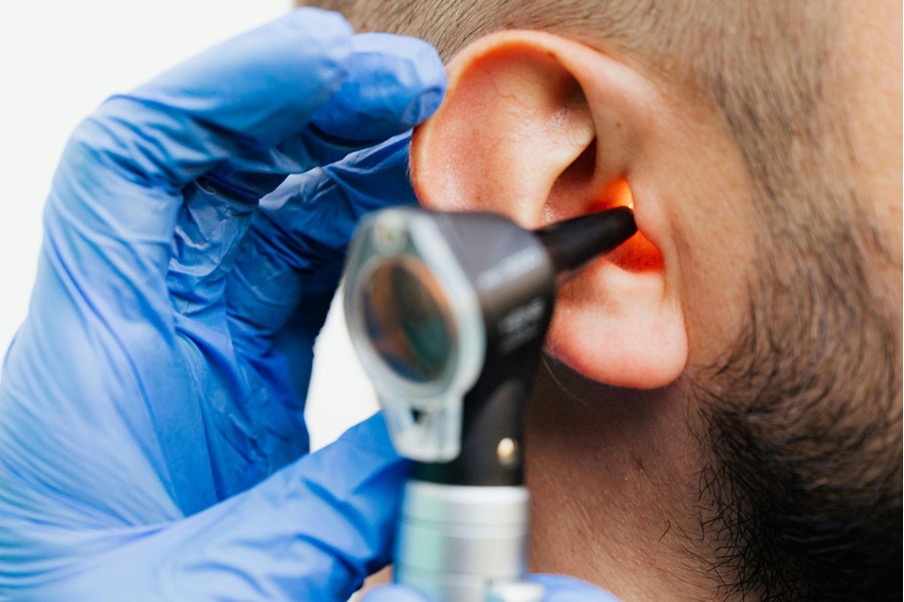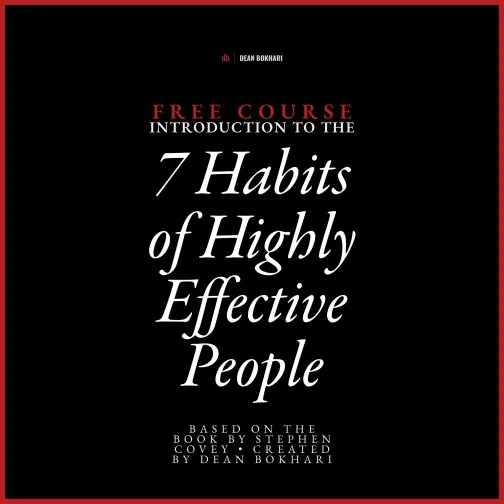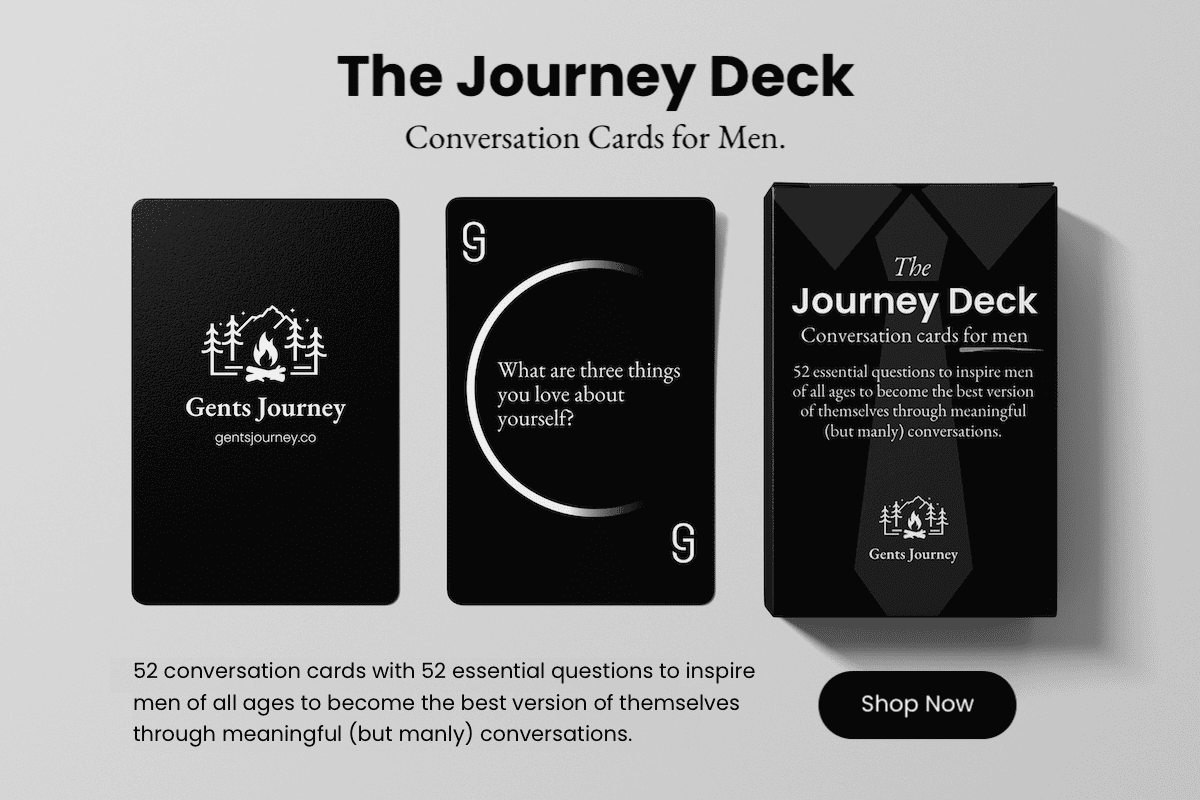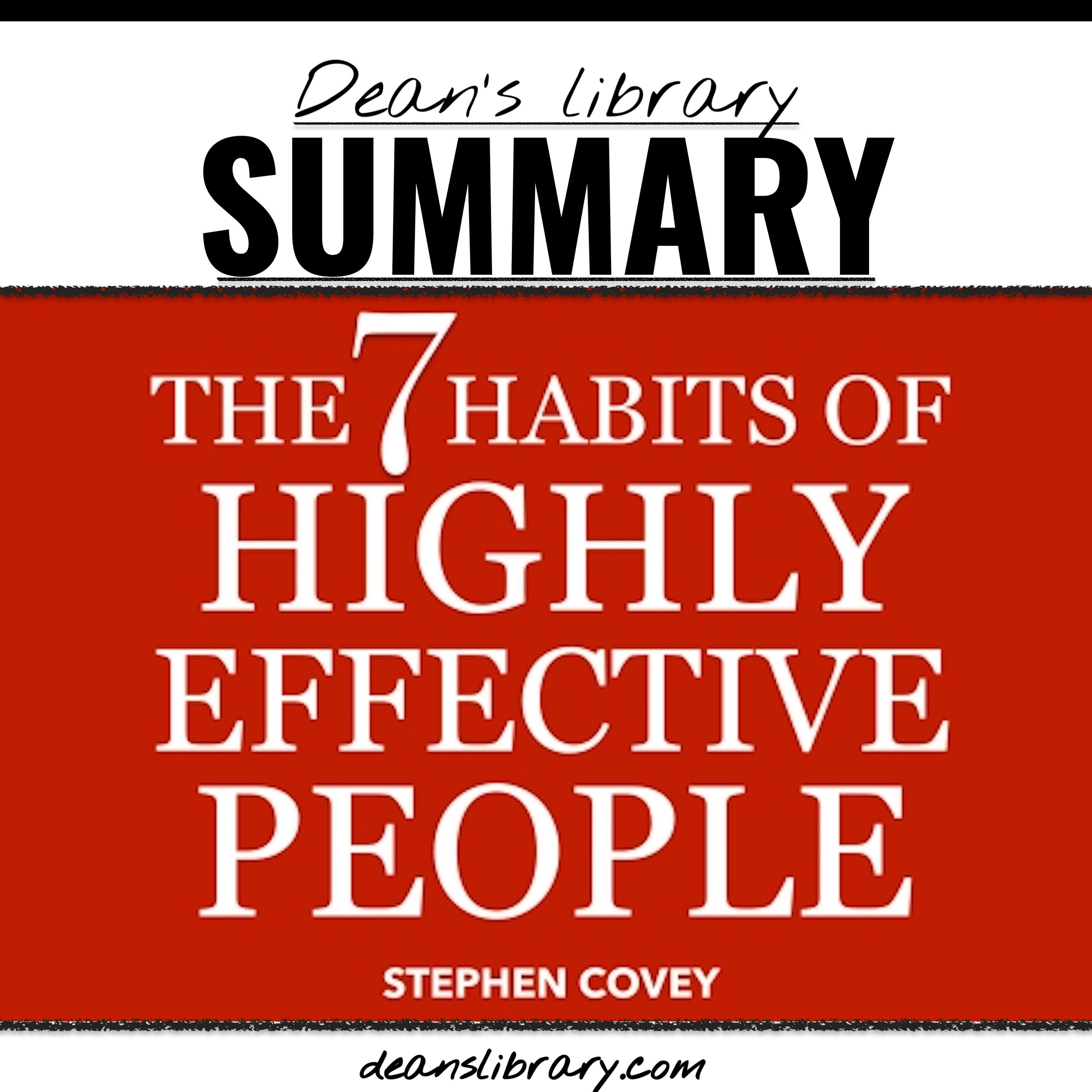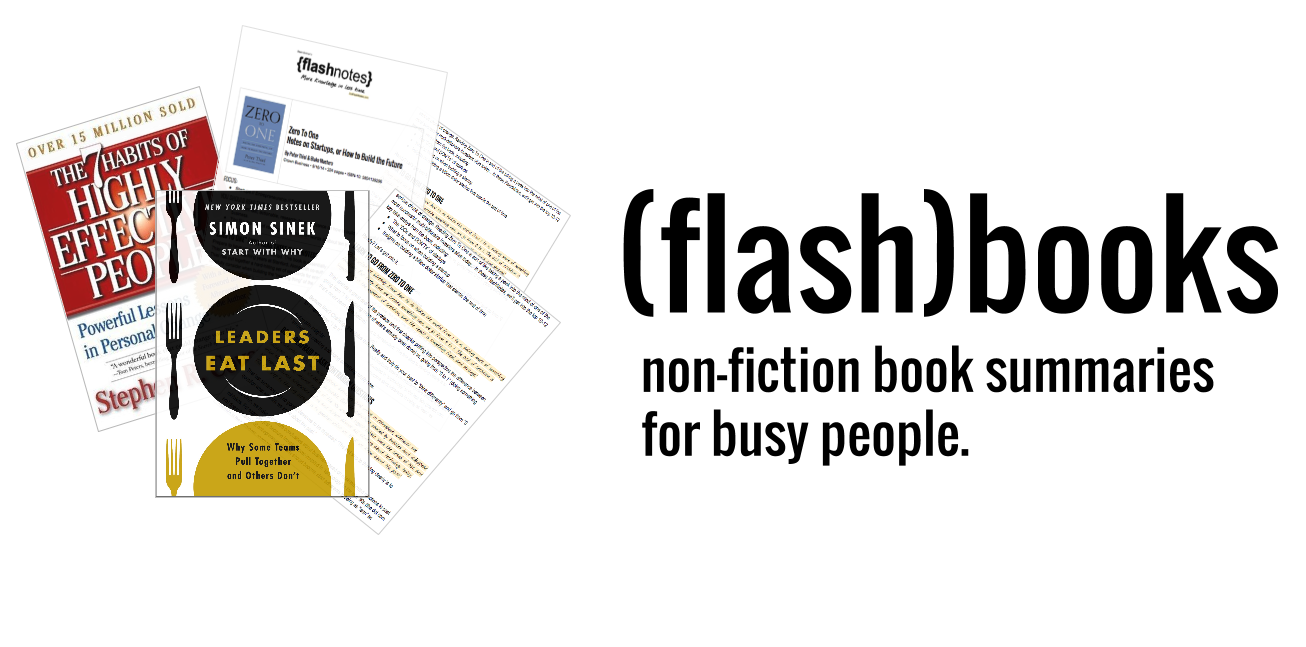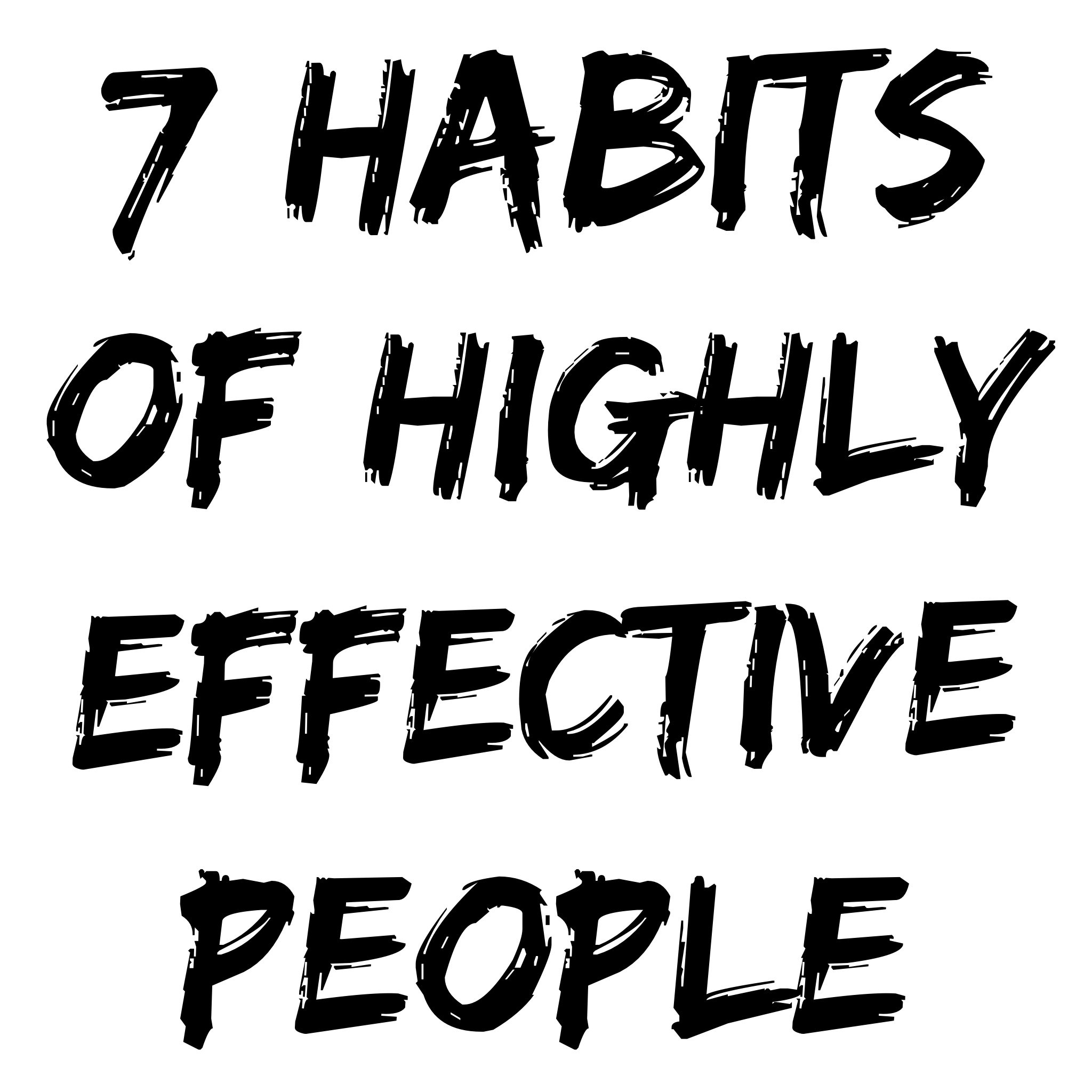3
Things You Didn't Know Can Cause Hearing Loss
Collaborative Post
Hearing loss can be caused by many different factors. Some people are genetically predisposed to lose their hearing; in others, illnesses and health conditions that impact their hearing or an accident such as a car crash or a fall can be the cause.
However, it's important to remember that hearing loss is not always inevitable. By understanding the different factors at play, you can take steps to protect your hearing and prevent potential damage.
How do you lose your hearing? Hearing loss occurs when damage occurs in the ear and when the different parts of the ear sustain damage, meaning they can't work as they need to to convert sound waves so you can hear.
With this in mind, let's take a look at what can cause damage to your ears that you might not be aware of and impact your hearing.
Medication
Some medications, known as ototoxics, can damage the inner ear, disrupting how the ear works and impacting your ability to hear either permanently or temporarily. These medications can affect your hearing by damaging the small hairs that carry sound waves. Once these hairs become damaged, they cannot repair themselves, leading to hearing loss.
While prescription and over-the-counter medications can impact your hearing, most hearing health providers are well-equipped to manage this risk. They will ask if you're on any medications as they can determine if you have sustained damage or are at risk of losing your hearing due to this medication. This can include chemotherapy medications, diuretics, pain relief medication, and Aminoglycoside antibiotics, to name a few. However, informing your hearing care provider if you are taking ototoxic medications can help them understand if or how your hearing might be impacted, and they can provide guidance on managing this risk.
Blood-Related Conditions
There are multiple health conditions that can impact your hearing and leave you living with hearing loss. These can be having high cholesterol, type 1 or 2 diabetes, or high blood pressure.
These conditions can impact your entire body, including your hearing. The reason is that the tiny hairs that convert sound waves need to be fed nutrients via blood flow. Any changes or disruptions to the blood flow mean they are not getting what they need, leading to damage. This underscores the importance of maintaining good overall health for optimal hearing.
Loud Noises
Everyone knows loud sounds can damage the ears and contribute to hearing loss. But are you aware of all of the noises that can play a part in this? It's not just those occasional loud noises like attending concerts or turning the radio in the car occasionally. A lot of damage can be caused by those you are subjected to over prolonged periods. This can be the volume of music at your gym when you're working out, the noise from a lawnmower or power tools, that noisy blender you use each morning, or ongoing loud traffic or construction noise in the environment. Over time, there is a risk that these loud noises and those exceeding 85 decibels on a regular basis can damage hearing irrevocably.
—End of Collaborative Post—
✨ New Series: How to Become an Early Riser
- Discover key methods to make early rising a habit
- How to wake up early + energized every morning
- Morning routines for health + success
Free self-development courses
👇
Tap on any of the courses below to start learning how to:
- boost your productivity (withGTD),
- get focused (with Deep Work),
- design a successful + fulfilling life (with The 7 Habits course),
- or learn the art of influencing others (with the How to Win Friends & Influence People course.)
All for free.
👇
Free life guides
👇
Best-selling Self-development courses by Dean Bokhari
Kill procrastination.
|
Get stuff done.
|
Get motivated.
|
Connect with anyone.
|
freshly pressed:
Top Audiobooks narrated by Dean Bokhari on audible
Book summaries
- The Power of Habit by Charles Duhigg
- 12 Rules for Life by Jordan B. Peterson
- Presence by Amy Cuddy
- Leaders Eat Last by Simon Sinek
- The ONE Thing by Gary Keller, Jay Pasan
- Deep Work by Cal Newport
Read or Listen to top Self-Help + Business Book Summaries in 20 Minutes or Less.
or
